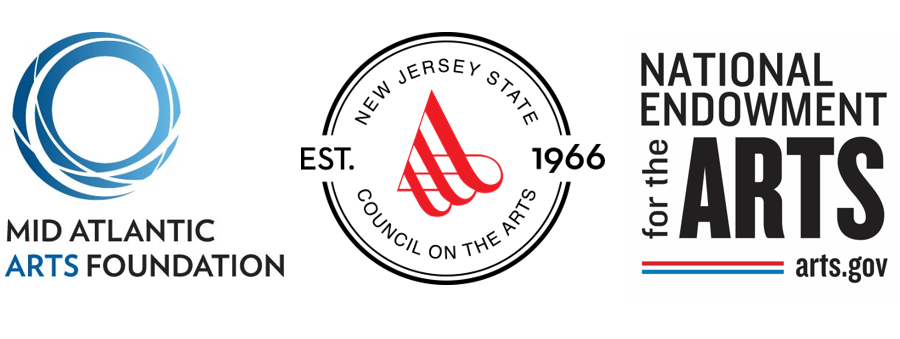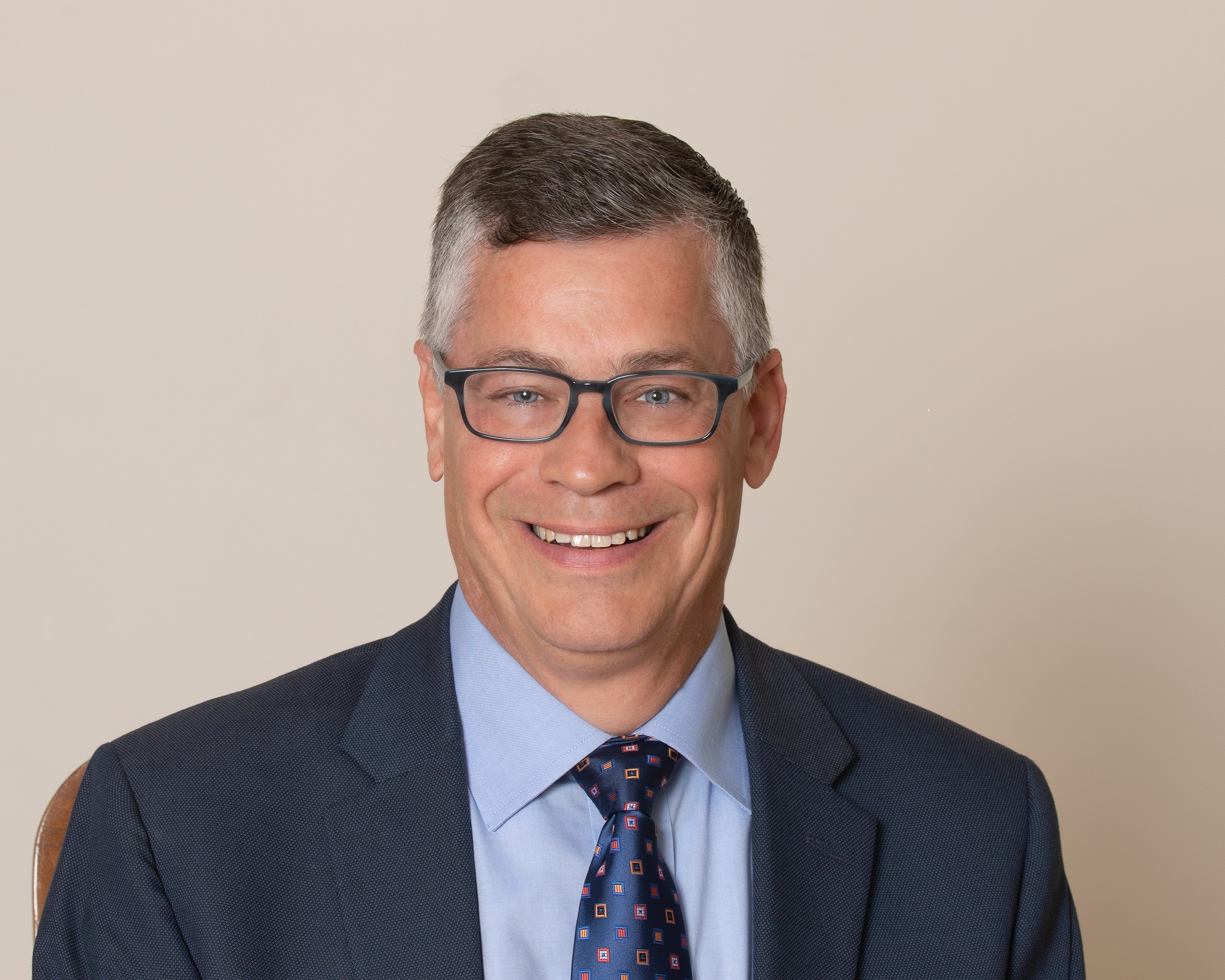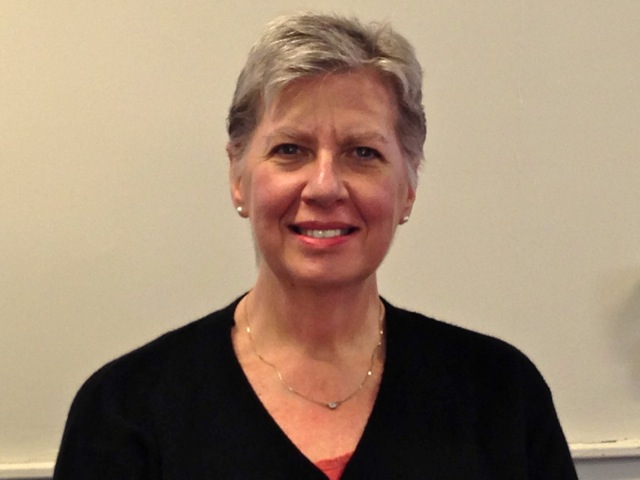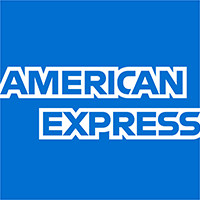Accessibility Planning: The Key to Successful Inclusion
Recorded On: 02/06/2019

About this Webinar
Accessibility begins with policies and organizational buy-in from every department – from the Board of Directors to the house staff and ushers. Without a comprehensive plan, true accessibility is disjointed and difficult to achieve. This session will ask participants to look at each department of their organization and how those departments impact the access efforts of the organization. In this workshop, participants will have the opportunity to understand the need for and how to develop a comprehensive ADA/Accessibility plan.
Overview of Session Content
- A brief introduction of disability from a multi-cultural perspective – including a discussion of the models of disability, disability etiquette and language.
- Provide participants with sample plans and assessment tools that provide guidance in the development of an accessibility plan.
- Review best practices for design of organizational policies i.e. staff and volunteer training, grievance procedures, ticket policies, non-discrimination, emergency evacuation and diversity policies.
- Review how various departments need to be an integral part in the overall ADA plan – including programming, marketing, facilities, and development.
- Budgeting – how to develop an accessibility budget –an essential component of your ADA plan.
- Implementation – how to go about implementing the various stages of the plan
The conclusion of this webinar will allow participants to discuss issues, ask questions, and look at next step scenarios.
Learning Objectives
Participants will:
- understand the need for having an accessibility plan and leave with a framework to bring back to their organizations to design their own plans.
- understand that the development of an ADA Plan will serve as a roadmap for the organization as they advance their access goals and objectives.
- understand that by organizations having a plan in place, implementation of accessibily goals are not overwhelming and many action items are readily achievable.
This project is created in partnership with Mid Atlantic Arts Foundation and New Jersey State Council on the Arts, and is supported in part by the National Endowment for the Arts.


John McEwen
Executive Director, New Jersey Theatre Alliance
John McEwen serves as the Executive Director of the New Jersey Theatre Alliance, a service organization for the state’s 33 professional theatres.
Prior to the Alliance, John served as Vice President for Development of the New Jersey Network Foundation where he was responsible for a $7 million annual fund. Prior to joining NJN, John served as the Director of Development for Paper Mill Playhouse where he implemented the theatre’s award-winning access services and the Adopt-A-School Project, and was responsible for raising $3.5 million for the annul fund, strategic planning and board development.
John is the founder and Chairman of the Cultural Access Network Project, a program of New Jersey Theatre Alliance and the New Jersey State Council on the Arts that assists the state’s cultural organizations as they make their programs and services accessible to individuals with disabilities. John serves as a trustee for ArtPRIDE New Jersey, Center for NonProfits, Montclair State University’s College of the Arts, and the Fund for the New Jersey Blind.
John’s awards and achievements include the first Excellence in Accessibility Leadership Award from the Christopher Reeves Paralysis Foundation and the Kennedy Center for the Performing Arts, The Robert Smyth Outstanding Professional Fundraiser Award from AFP/NJ Chapter, Ann Klein Advocate Award from the Community Health Law Project, Award of Excellence from Passage Theatre, the Governor Kean and Byrne Advocacy Award from Paper Mill Playhouse, a Citation of Excellence from the New Jersey State Council on the Arts, and the Community Service Award from the New Jersey Department of Recreation.
John is a graduate of Leadership/New Jersey and the Executive Program for Nonprofit Leaders in the Arts at Stanford University, a partnership between the Stanford Graduate School of Business and National Arts Strategies. John received his Bachelor’s of Arts from Montclair State University and his Master’s of Arts from New York University
Website: https://njtheatrealliance.org/
Twitter: @NJTheatre

Beth Prevor
Executive Director, Hands On
Beth Prevor is a co-founder and Executive Director of Hands On, an arts service organization that advocates for access to the cultural arts for the Deaf community and audiences with disabilities. For the last 30+ years, Hands On has been providing access for the Deaf and hard of hearing communities of NYC through sign language interpreted theater at some of NYC’s most prestigious theaters including The Roundabout Theater Company, The New York Shakespeare Festival/Public Theater and The New Victory Theater.
As Executive Director, Beth works with arts organizations to ensure inclusion for all by providing marketing, community engagement and audience development strategies. As a disabled advocate, Beth is active as an advisory member to many groups including, The Shubert Accessibility Committee, The New Jersey Theatre Alliance, and the Museum, Arts and Culture Access Consortium (MAC). She has led workshops on accessibility and the arts for organizations around the country including the Kennedy Center’s LEAD (Leadership Exchange in Arts and Disability) Conference, Americans for the Arts, The National Arts Marketing Project, the Alliance of Resident Theaters/New York (ART/NY) and Theater Communications Group (TCG). She currently works as a Disability Consultant with ART/NY.
She is the 2015 recipient of the John F. Kennedy Center’s Excellence in Accessibility Leadership Lifetime Achievement award.
Website: Handson.org
Twitter: @HandsOnSign
New Jersey Theatre Alliance ADA Planning Page: https://njtheatrealliance.org/ada-planning
The Kennedy Center LEAD Conference: http://education.kennedycenter.org/education/accessibility/lead/conference.html
Web Accessibility Initiative (WAI):
https://www.w3.org/standards/webdesign/accessibility
Disability and Health Inclusion Strategies:
https://www.cdc.gov/ncbddd/disabilityandhealth/disability-strategies.html
Centers for Disease Control and Prevention
http://www.cdc.gov/features/emergencypreparedness/
South Arts-ArtsReady
"Ready Now!" Toolkit
The "Ready Now!" Toolkit (http://www.ohsu.edu/xd/outreach/occyshn/upload/ReadyNowToolkit.pdf) from the Oregon Office on Disability and Health is for people with disabilities and emphasizes independence, allowing each person to address his or her specific needs.
Get Ready! Toolkit
The Get Ready! Toolkit (http://dhss.alaska.gov/dph/wcfh/Documents/disability/GetReadyWebaccessible.pdf) from the Alaska Health and Disability program will help you prepare for an emergency. Alaska also developed the Get Ready! Toolkit webinar(https://dhss.adobeconnect.com/p2an0b2anso/) to assist Alaskans and others with disabilities and their caregivers in putting the Get Ready!Toolkit into action.
Smart911: https://www.smart911.com/
-
Register
- Non-member - $35
- Member - Free!



